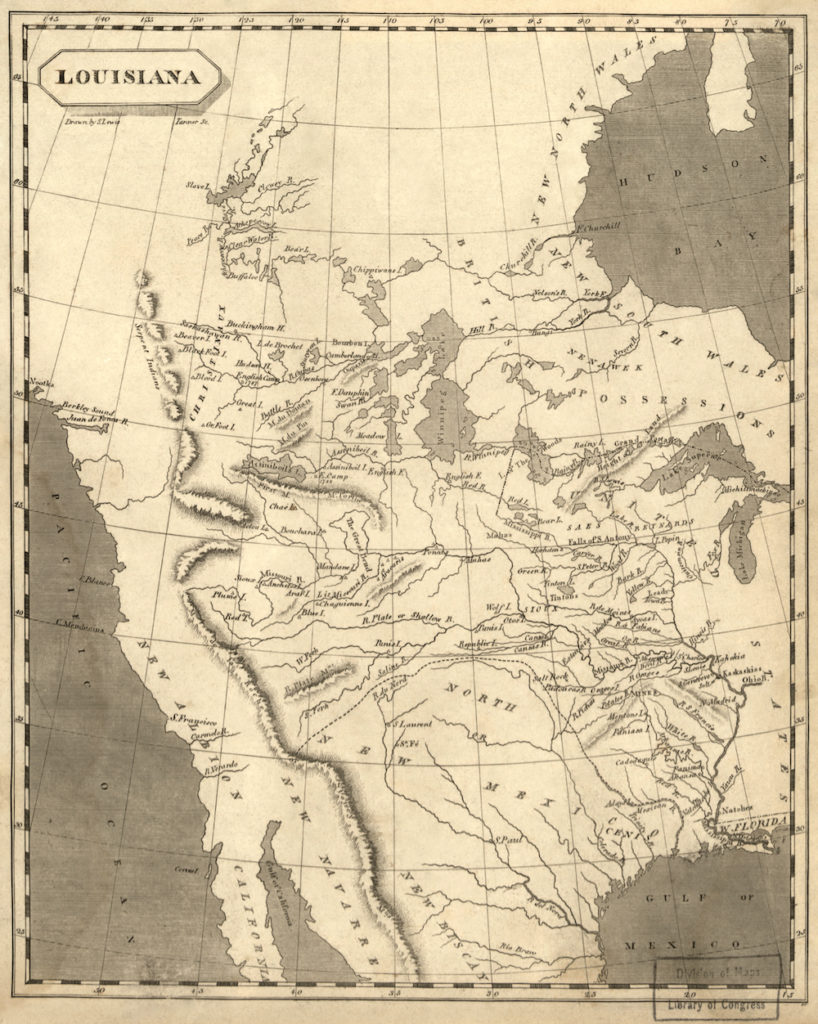April 1 — April 15, 2022
History Matters
Showing our children that their past is prelude to their future
On April 9, 1959—a year after NASA was established–seven American test pilots became the inaugural members of the U.S. Space Force. They were Scott Carpenter, L. Gordon Cooper Jr., John H. Glenn Jr., Virgil “Gus” Grissom, Walter Schirra Jr., Alan Shepard Jr., and Donald Slayton.
The crew manned Project Mercury—the country’s inaugural space program, but the Force was not activated until 2019.
The selection process was a grueling procedure that started with thirty-one candidates. As History.com describes it: “For six days and three nights, the men were subjected to various tortures that tested their tolerance of physical and psychological stress. Among other tests, the candidates were forced to spend an hour in a pressure chamber that simulated an altitude of 65,000 feet, and two hours in a chamber that was heated to 130 degrees Fahrenheit. At the end of one week, eighteen candidates remained. From among these men, the selection committee was to choose six based on interviews, but seven candidates were so strong they ended up settling on that number.”
For more information, the Grateful American Book Prize recommends Project Mercury: America in Space Series, by Eugen Reichl.

France was an invaluable deterrent against Great Britain during the Revolutionary War. However, soon after America achieved independence, Napoleon began to casually eye the vast lands west of the Mississippi, calculate his future claim on the Louisiana territories, and devise ways to annex them to his astronomical empire.
“President Thomas Jefferson learned of Napoleon’s plans in 1802; understandably alarmed, Jefferson had long hoped [the] U.S. would expand westward beyond the young American republic [which] was in no position militarily to challenge France for the territory,” according to History.com.
The determined Jefferson dispatched Robert Livingston, his representative in France, to negotiate an agreement, but he failed. Then, he tasked his old friend, James Monroe—the future fifth president, with the assignment. Eventually, Livingston and Monroe arbitrated an agreement with the emperor—who recognized that his country would soon be at war with Britain.
On April 11, 1803, the U.S. paid $15,000,000 for 530,000,000 acres– at four cents apiece. The gain in landmass equated to approximately fourteen states.
The Grateful American Book Prize recommends A Wilderness So Immense: The Louisiana Purchase and the Destiny of America by Jon Kukla.

Jackie Robinson was an American icon. He embodied all the qualities of an ideal citizen: exceptionalism, idealism, respect for his country, compassion, and tolerance. On April 15, 1947, at the age of twenty-eight, he became the first African American player in Major League Baseball [MLB]. Exactly fifty years later, he achieved another “first”: his #42 uniform was retired.
History.com notes that when he was “growing up, he excelled at sports and attended the University of California at Los Angeles, where he was the first athlete to letter in four varsity sports: baseball, basketball, football, and track. After financial difficulties forced Robinson to drop out of UCLA, he joined the army in 1942 and was commissioned as a second lieutenant. After protesting instances of racial discrimination during his military service, Robinson was court-martialed in 1944. Ultimately, though, he was honorably discharged.”
The Grateful American Book Prize recommends Sharon Robinson’s Child of the Dream: A Memoir of 1963; winner of the 2020 Grateful American Book Prize.

History Matters is a biweekly feature courtesy of The Grateful American Book Prize.




